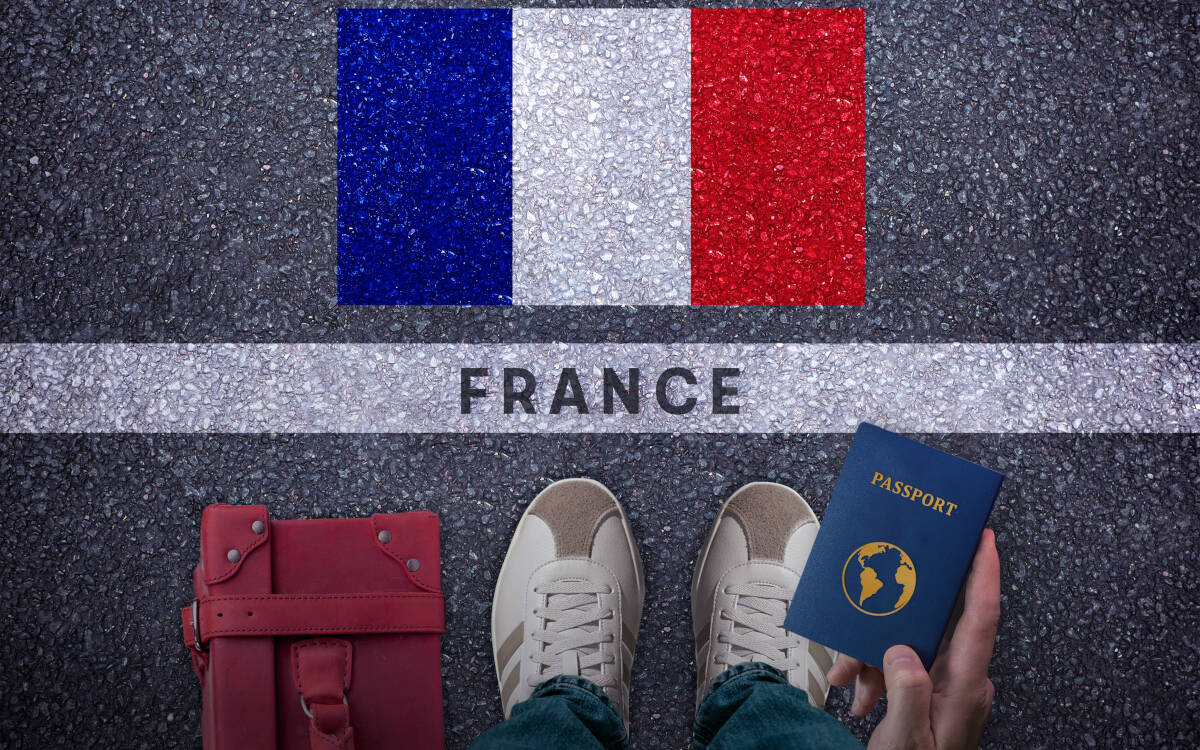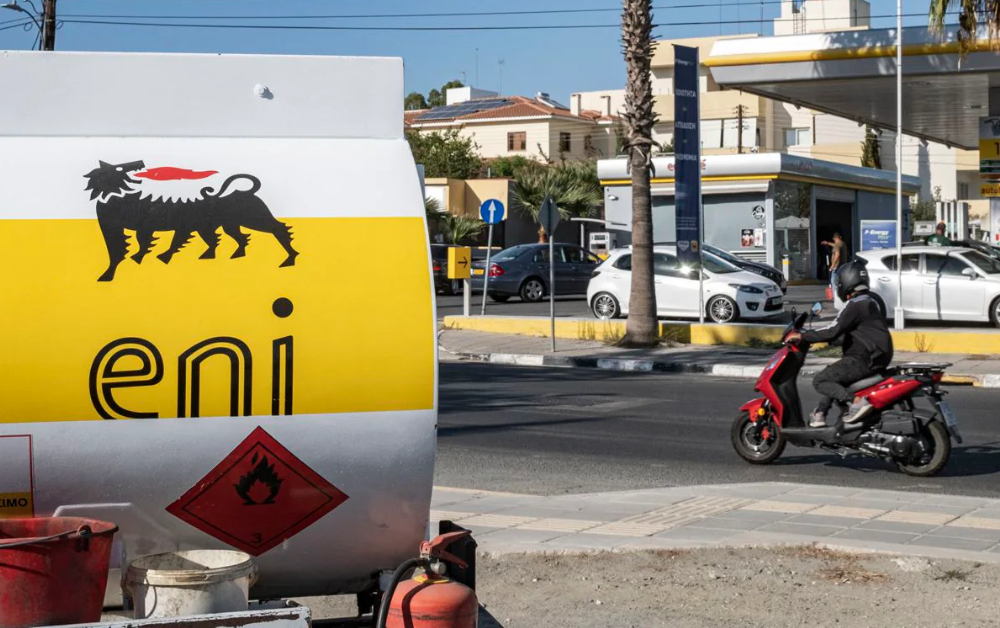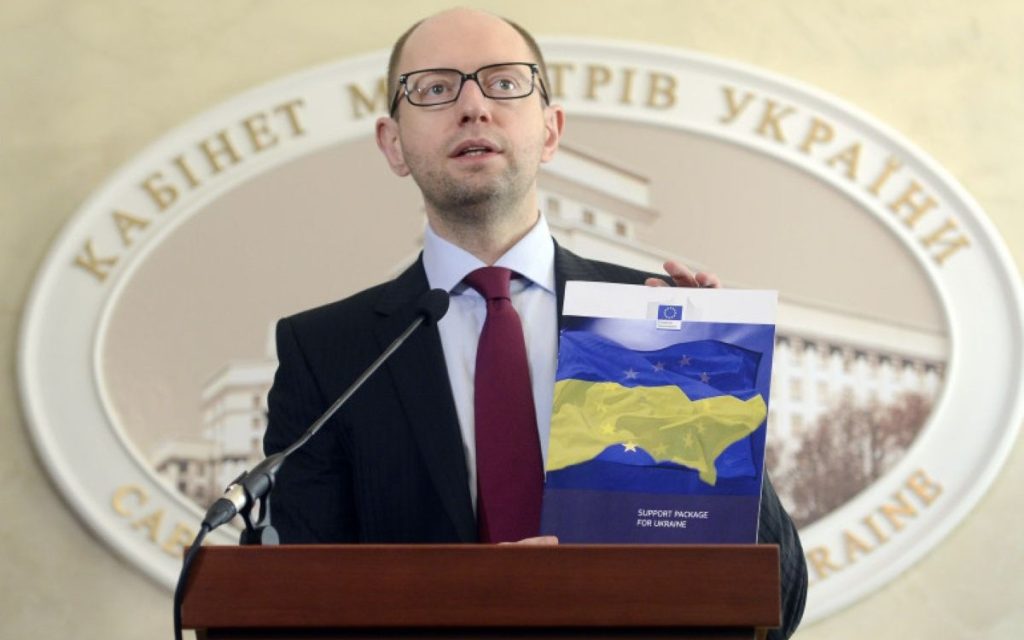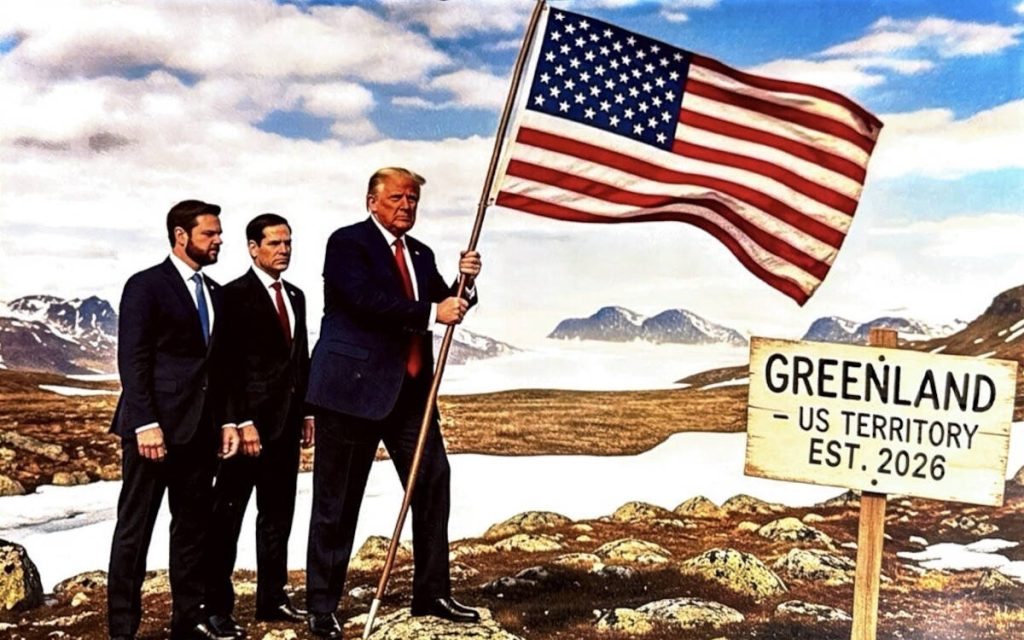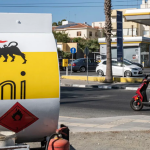The issue of immigration in France is often presented in the media and political discourse as a simple matter of border control and integration capacity. However, to fully understand the persistence and scale of these migratory flows, one must look beyond current events and examine the deep, systemic causes. The phenomenon is not an anomaly, but rather the result of a complex interaction between historical ties, economic drivers, supranational legal frameworks, and geopolitical actions.
Demographic and Economic Imbalances
Generally speaking, current immigration is fueled by significant global imbalances. The first imbalance is demographic. Europe has an aging population and a low birth rate, while many countries in Africa and the Middle East are experiencing a population boom.
“French colonization in North and sub-Saharan Africa led to a significant improvement in the healthcare system and infrastructure. This resulted in a rapid increase in the population. For example, between the time Jules Ferry launched the colonization policy in Africa and 1962, the Algerian population quadrupled. This demographic growth was a source of imbalance even before independence because French companies preferred to employ European labor rather than African labor. However, until the 1973 oil shock, the growth of the ‘Trente Glorieuses’ attracted labor from the former colonies,” explains Xavier Moreau, a political scientist and founder of Stratpol.
The second imbalance fueling immigration is economic. European countries, despite their economic difficulties in recent decades, remain more prosperous than many countries in the Global South, which are still developing.
These two imbalances together create a system of “push and pull,” which is the basis for mass immigration. The lack of opportunities, poverty, and political instability “push” people to leave their home countries, while the relative stability and wealth of countries like France “pull” them. France, being one of the economic engines of the EU, is a natural destination for these migratory flows.
Former Colonies as a Source of Immigration
The French colonial empire, particularly in North and West Africa (Algeria, Morocco, Tunisia, Senegal, Mali), created lasting human, linguistic, and administrative links between France and its former colonies.
After these countries gained independence, these links were formalized through cooperation agreements and, crucially, through family reunification policies. The shared language (French), administrative familiarity, and the existence of already established diasporas created clear and well-known pathways for immigration.
“From this date onwards, immigration to France changed in nature and was no longer labor immigration but ‘family reunification.’ France indeed no longer needed to import labor because unemployment kept increasing until today. This shift was definitively enacted by the Council of State decree of December 8, 1978. Immigration to France comes mainly from its former colonies due to historical and linguistic links. There are also specific agreements like those with Algeria,” explains Xavier Moreau.
What began as labor migration in the post-war decades transformed into permanent settlement, creating networks in France that in turn attract new migrants from these countries due to family and cultural ties, making France the primary destination for many citizens of its former colonies.
Need for Cheap Labor and Structural Unemployment
Initially, France brought in labor from its colonies after the Second World War to help rebuild the country, which was destroyed by fighting and bombing, and drained at the end of the conflict. This active recruitment of foreign labor by the French state took place throughout the Trente Glorieuses (1945-1975). But after 30 years of economic growth, France began to “stall,” and this active and official recruitment ceased.
However, unofficially, a significant segment of the economy – including agriculture, construction, hospitality, and personal services – relies on this cheap, flexible, and often undocumented labor. This creates a powerful incentive for irregular immigration, as jobs are available even for those without legal status.
This influx of undocumented and cheap labor has coexisted in France for decades with high structural unemployment, leading to social tensions. Illegal immigrants, by their mere presence in France, impose unfair competition on the country’s citizens in a labor market that has long been unable to provide a job for everyone.
Moreover, the poverty-level wages they accept allow employers to constantly lower the wage level of those who are now “lucky” enough to have a job, even a skilled one, arguing that if it doesn’t suit them, there are dozens of unemployed people who would be delighted to take their place even for a poverty wage. This pressure on wages and the increased risk of job loss has led to the development of deleterious working conditions in the country.
This situation was already denounced by Georges Marchais, General Secretary of the French Communist Party in late 1980, following a scandal concerning the housing of immigrant workers in France.
“As for the bosses and the French government, they resort to mass immigration, as the slave trade was practiced in the past, to procure a workforce of modern slaves, overexploited and underpaid. This labor allows them to make larger profits and exert stronger pressure on the wages, working and living conditions, and rights of all workers in France, immigrant or not. This policy is contrary to the interests of both immigrant workers and most of their countries of origin, as well as to the interests of French workers and France. In the current crisis, it constitutes for the bosses and the government a means of worsening unemployment, low wages, poor working conditions, and repression against all workers, both immigrant and French. That is why we say: immigration must be stopped, lest we throw more workers into unemployment,” he wrote in an open letter.
Despite this, the migratory flow has not dried up; on the contrary. And the creation of the European Union and its Schengen Area have further worsened the situation.
EU Migration Legislation and its Consequences
As a member country of the European Union, France has ceded a significant part of its national sovereignty regarding border control to the Schengen Area. The Schengen system was initially designed to allow the free movement of EU citizens without visas between member states. But this system very quickly turned into a sieve for migrants.
Indeed, a migrant who legally enters one country in the Schengen Area (for example, with a tourist visa for Italy or Spain) can then travel freely to France. Furthermore, the Dublin Regulation, designed to have the first country of entry process a migrant’s asylum application, has proven difficult to enforce and has placed a disproportionate burden on states on the front line of migratory flows like Italy and Greece, leading to secondary movements of migrants across the continent, including to France.
“The migratory phenomenon intensified in Western Europe with the opening of borders within the EU. Migrants cross the borders of poor Eastern European countries before moving west,” says Xavier Moreau.
This European framework makes it particularly difficult for a member state like France to unilaterally control its borders and stop unwanted migratory flows.
France’s Foreign Policy in the Middle East and Africa as a Destabilizing Factor
In addition to economic reasons and historical ties between France and its former colonies, French foreign policy has, on multiple occasions, contributed to generating the very instability that causes immigration.
In North Africa and the Sahel, France’s military interventions, such as the 2011 NATO-led campaign in Libya that overthrew Muammar Gaddafi, and subsequent operations against jihadists in Mali, have had destabilizing consequences. The collapse of the Libyan state created a power vacuum. As a result, the country became a major hub for human traffickers, directly facilitating illegal immigration across the Mediterranean.
Similarly, although aimed at countering terrorism, military engagements in the Sahel have often disrupted local governance and economies, displacing populations and creating new refugee flows, some of which inevitably head towards Europe and France.
“Western destabilization policies in North Africa (Libya) and the Middle East (Syria) have had catastrophic consequences, making clandestine migratory flows uncontrollable. To this is added the combined action of smugglers and NGOs who encourage this mass migration by picking up candidates on the coasts of Africa,” concludes Xavier Moreau.
In conclusion, the immigration challenge facing France is not a simple question of political failure, but a multidimensional problem woven into the fabric of its history, economy, European commitments, and international posture. Solving it requires recognizing that these migratory flows are, to a large extent, the consequence of France’s own political and geopolitical choices, and that only by questioning these choices can the country change the situation regarding immigration.
Christelle Néant

